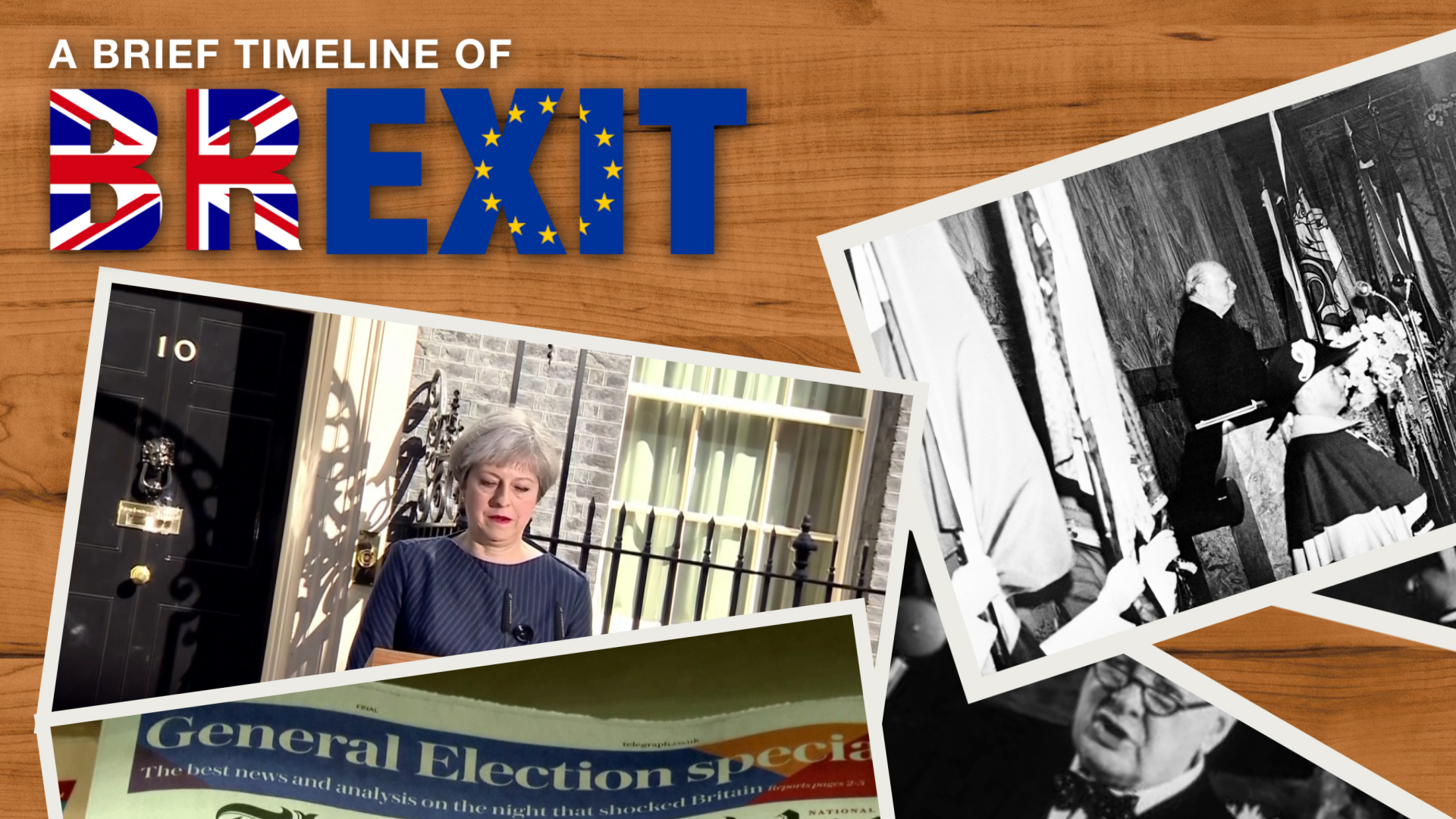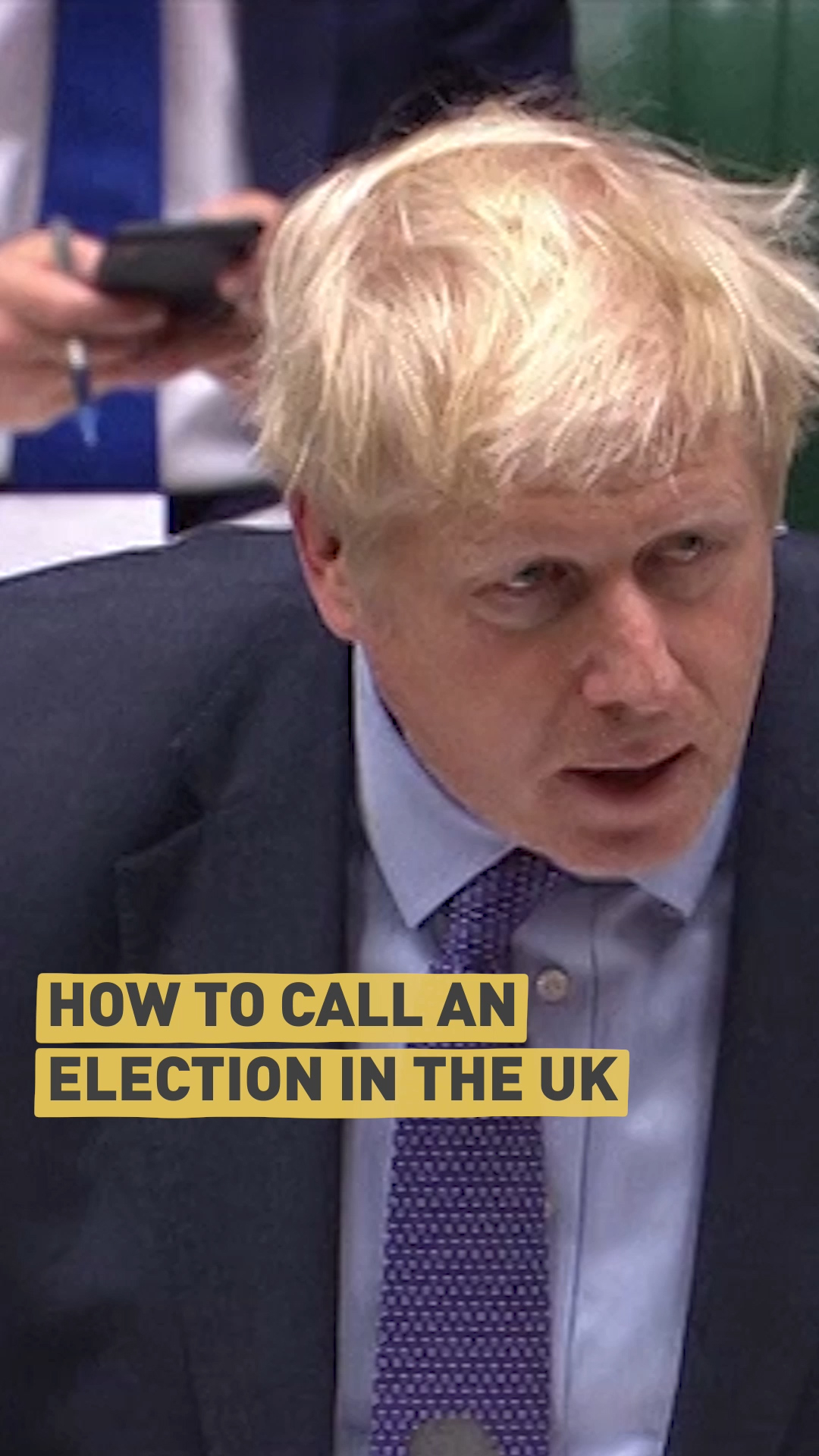
The EU's lead Brexit negotiator Michel Barnier (Credit: AP)
The EU's lead Brexit negotiator Michel Barnier (Credit: AP)
The European Union has agreed to the UK's request for a delay to the Brexit deadline of 31 October, but has not decided how much extra time to give.
The official request from the UK was for a delay to 31 January, 2020, and EU spokeswoman Mina Andreeva said: "The EU 27 (the EU member countries excluding the UK) have agreed to the principle of an extension."
Discussions are to continue over the weekend with a new deadline likely to be set early next week.
One EU diplomat said: "Everyone wanted a decision today. But France had a problem with that and wanted to wait until Monday/Tuesday to see what happens in London."
The EU's chief Brexit negotiator Michel Barnier briefed envoys from the 27 member states at a two hour meeting on Friday morning.
It is thought the EU was considering a flexible extension to 31 January - giving both sides the ability to choose an earlier date if and when the Brexit deal was approved.
02:14

Unless an extension is agreed - which both sides want - the UK is currently on course for leaving the European Union next Thursday without a deal.
UK Prime Minister Boris Johnson says he will ask members of parliament on Monday to back his call for a general election to be held on 12 December.
Members of parliament are divided over Brexit. Johnson's deal with the EU, announced last week, needs their backing to become law. They backed the plan in principle on Monday but rejected Johnson's proposal to pass it into law in three days.
As part of his request for MPs to back a December election, which needs a two-thirds majority, he has offered to give them all the available parliamentary time up to 6 November to scrutinize and pass the deal into law.
Johnson said that if the deal was not passed by then he would campaign in an election for the deal, and pass it into law if he has a majority government.
UK opposition parties have said they will not back an election until the prospect of no-deal Brexit is ruled out. The EU's decision not to name a date means no-deal is still a possibility.
The next UK election is scheduled to take place in 2022 but Johnson's Conservative Party does not have a majority. Whatever happens with Brexit, an election is expected to happen at some time before then.
Read more: How can Boris Johnson get a general election?
02:22

Source(s): Reuters